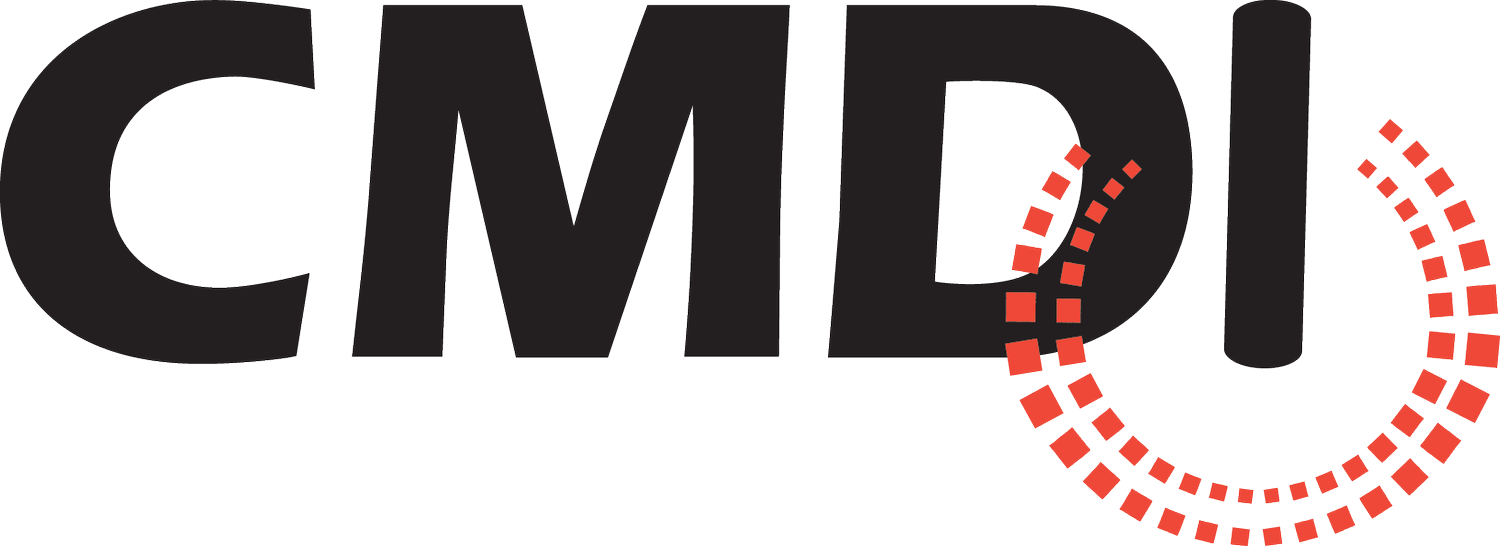T: CMDI Political Glossary
-T-
Talking Points
A clear and concise list of ideas making up a politician’s main arguments in a speech. They’re typically used as a guide and not read word-for-word.
Teflon-coated Presidency
A president’s ability to deflect charges of corruption or scandal. The term originates was coined by Rep. Pat Schroeder (D-CO) when she took to the House floor in 1983 and said of President Ronald Reagan: “He has been perfecting the Teflon-coated presidency: He sees to it that nothing sticks to him.”
Testing the Waters
Exploring the feasibility of becoming a candidate for a specific office. Money is often raised to pay for activities related to testing the waters, such as travel, telephone, and polling costs. Prospective candidates sometimes create testing-the-waters, or exploratory, committees for that purpose. See Exploratory Committee.
Third-party candidate
A candidate who does not belong to one of the two main U.S. political parties, the Republicans or the Democrats. Examples of third-party candidates include Gary Johnson from the Libertarian Party and Jill Stein from the Green Party in 2016, Ralph Nadar from the Green Party in 2000, and independent Ross Perot in 1992.
Thrown Under the Bus
To sacrifice someone, typically one who is undeserving, in order to make political gain. The expression conveys a greater sense of betrayal than similar terms such as “scapegoat” and “fall guy”.
Ticket
Usually preceded by the name of a party, the “ticket” refers to the candidates running together. Candidates for the presidency and vice presidency run on the same “ticket”.
To Direct
To guide, directly or indirectly, a person who has expressed an intent to make a contribution, donation, transfer of funds or otherwise provide anything of value, by identifying a candidate, political committee or organization for the receipt of such funds or things of value. The contribution, donation, transfer or thing of value may be provided directly or through an intermediary. Direction does not include merely providing information or guidance as to the applicability of a particular law or regulation.
To Solicit
To ask, request or recommend, explicitly or implicitly, that another person make a contribution, donation, transfer of funds or otherwise provide anything of value. A solicitation is an oral or written communication that, construed as reasonably understood in the context in which it is made, contains a clear message asking, requesting or recommending that a person make a contribution, donation, transfer of funds or otherwise provide anything of value. A solicitation may be made directly or indirectly. The context includes the conduct of persons involved in the communication. A solicitation does not include mere statements of political support or mere guidance as to the applicability of a particular law or regulation.
Total Disbursements
The sum of all purchases and payments made during a filing period by a political committee or any other person, including an organization that is not a political committee that is subject to the Federal Election Campaign Act.
Trade Association
A membership organization consisting of persons engaged in a similar or related line of commerce. A trade association is organized to promote and improve business conditions in that line of commerce and not to engage in a regular business for profit. No part of the net earnings of a trade association may inure to the benefit of any member. See Membership Organization.
Transition Fund
A fundraising committee set up by the president-elect to help pay expenses during the transition between Election Day and the inauguration. Money is raised to pay for office space, staff, and other expenses. Contributions to a transition fund, which are not regulated and do not have to be disclosed, supplement the public funding the president-elect receives to help defray costs during the transition. Excess transition funds could be transferred to the national and state political parties as soft money before the Bipartisan Campaign Reform Act went into effect.
Treasurer
Required for every political committee. The treasurer is responsible for filing the committee’s registration form, depositing receipts, authorizing expenditures, monitoring contributions, keeping records, signing all reports and statements and filing all reports and statements on time.
Treasury Funds
Funds of a corporation or labor organization that are derived from commercial activities or dues payments. Treasury funds may be used for the establishment, administrative and fundraising costs of the organization’s separate segregated fund, as well as for making independent expenditures and contributing to Super PACs and the non-contribution accounts of Hybrid PACs.
Trial Balloon
An idea suggested by a politician in order to observe the reaction. If public reaction is favorable, the politician pursues the idea and takes full credit. The term originates with the testing of the first hot air balloons in the late 18th century. Unmanned balloons were sent up into the atmosphere to determine if they were safe for human travel.
Triangulation
The act of a political candidate presenting his or her views as being above and between the left and right sides of the political spectrum. It’s sometimes called the “third way.” The term originated in 1996 during the re-election campaign of President Bill Clinton.
Turkey Farm
A government agency or department staffed primarily with political appointments and other patronage hires.
